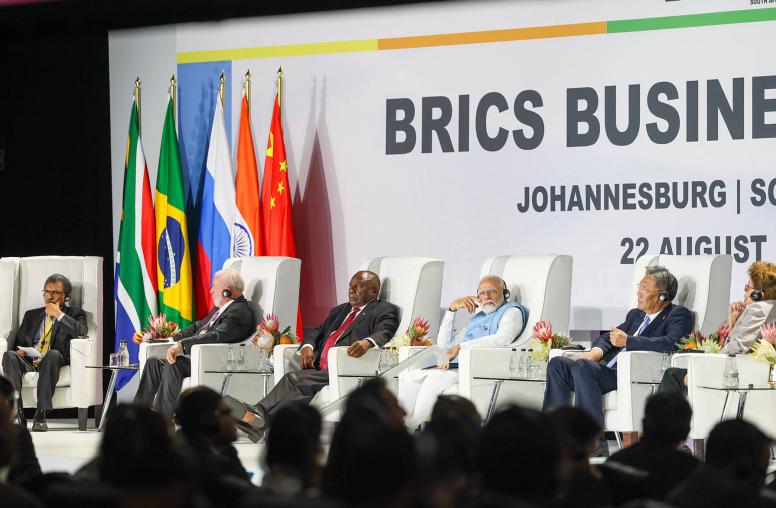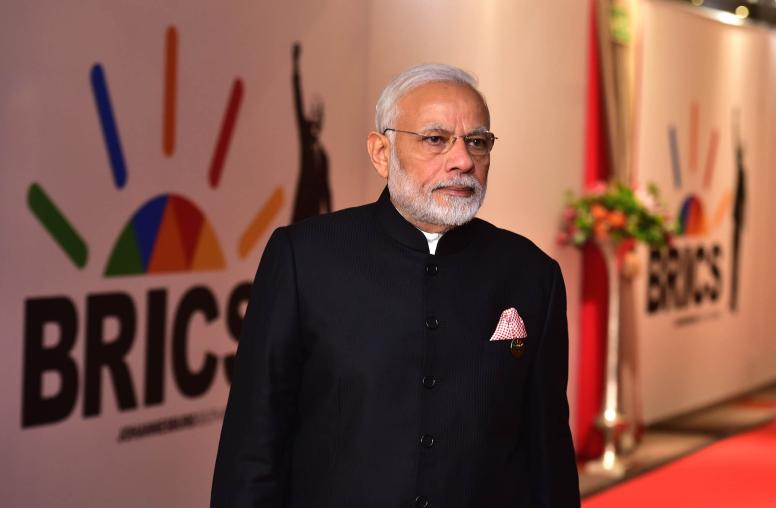What to Expect in the Year of India
2023 marks a pivotal year for India. As president of the G-20 and Shanghai Cooperation Organization (SCO), India will host world leaders in two major summits — all as the country prepares for its own general elections in 2024. Meanwhile, India’s economy is on track to continue its rapid growth as many expect it to surpass China as the most populous country in the world. On the heels of Secretary of State Anthony Blinken’s return from several days of ministerial meetings in Delhi, what are India's goals this year, what are the likely outcomes, and how might they shape U.S.-India relations in 2023? What does India hope to achieve with its leadership of the G-20? What progress can we expect on U.S.-India bilateral relations and the Quad in the areas of defense, economics, and technology? And how will this all be shaped by India’s economic growth trajectory, border tensions, upcoming national elections, and navigation of the Ukraine conflict?
On March 9, USIP hosted a conversation with India experts moderated by Dr. Sameer Lalwani, that explored what “the year of India” means for the country’s trajectory going forward, including how its growing economy and international stature will factor into its multi-aligned foreign policy approach.
Speakers
Suhasini Haidar
Diplomatic Affairs Editor, The Hindu
Aparna Pande
Research Fellow, Hudson Institute
Vikram Singh
Senior Advisor, Asia Center, U.S. Institute of Peace
Sameer Lalwani, moderator
Senior Expert, South Asia, U.S. Institute of Peace



